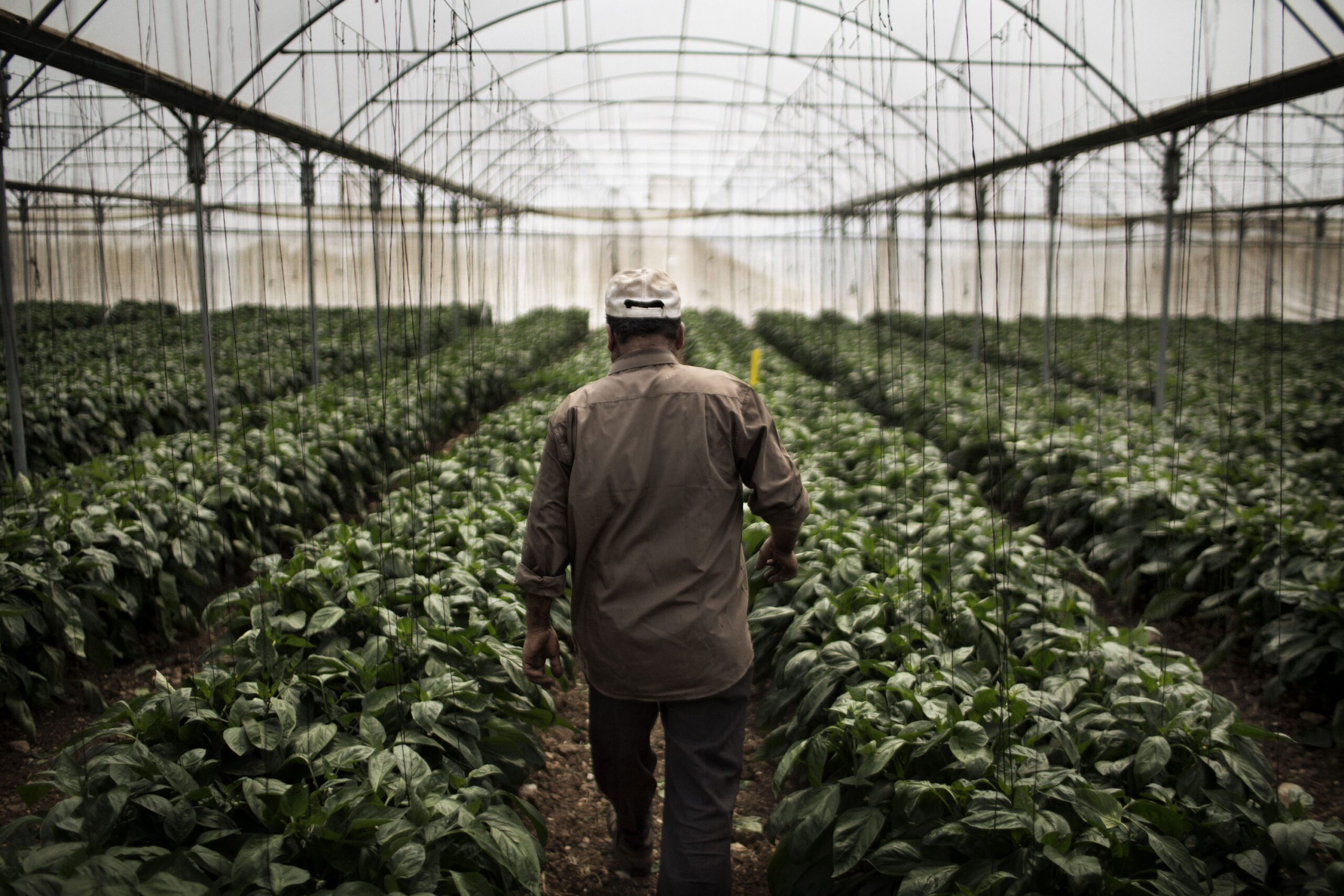PROJECT SUMMARY
Tunisia is boosting the quality and profile of its olive oil through an initiative that is also helping small and medium producers and processors access lucrative export markets.
Objectives
Whether you opt for the green and grassy flavors of Chetoui or the fruity, nutty notes of Chemlali, quality bottled organic Tunisian olive oil is likely soon to be found on a dinner table near you. This is due to efforts by the Tunisian government, with the support of the EBRD and FAO, to restructure and modernize the sector by supporting smallholder producers to access high-value export markets and to improve the quality of their products. Market recognition has been demonstrated as a tool to deliver inclusive growth benefitting all actors along the value chain, including smallholders.
An earlier review highlighted that with the right support and investment, the quality olive oil sector could provide resilient, inclusive, sustainable livelihoods to SMEs across the value chain in Tunisia.
Olive trees grow with minimal water and production is relatively low in GHG credentials although capacity building is critical to improve growing and processing practices to achieve the quality needed for export markets.
Increasing market recognition and meeting the food safety standards required by supermarkets and other sophisticated retail chains opens the door to direct exports and increasing value added for oil producers. Hence, raising awareness on quality, hygiene, food safety and security is essential to further push the acquisitions of certifications, which is a great value added for the olive oil, making production ready to be exported.
Investments are also needed to upgrade operations along the value chain from tree to market, such as advanced irrigation systems, automated processing facilities and the digitalization of exports.
Activities
Support quality development:
Targeting olive oil SMEs to adopt and implement operational protocols to improve the quality and recognition of Tunisian olive oil.
Capacity building:
Training across all aspects of the olive oil value chain including better cultivation and harvesting techniques, timely and efficient transportation of olives, well-organized mills, importance of good hygiene practices and traceability and certification systems to satisfy the requirements of large retailers and high-end markets.
Export development:
Facilitating food safety certification processes and traceability, building the capacity of SMEs in export development and building strong links between producers and high-value markets.
Respond to the challenges of COVID-19:
Raising awareness, encouraging good practices and ensuring the health and safety guidelines are understood and followed.
Achievements
- A high-level conference in Tunis in 2021 on innovation and technology to transform Tunisia’s olive oil industry and the response to COVID-19 was attended by 80 industry representatives from Tunisia, Morocco and Europe.
- A high-level conference attended by 200 SMEs around the benefit of attaining internationally recognized certifications.
- Training on sustainable practices and producing the highest quality olive oil has helped more than 100 farms and oil millers to make their businesses more competitive so far. Plans include establishing a training centre to be administered by the National Office of Oil.
- Complete the first pilot mapping of Siliana’s 30 olive oil mills to provide a clear picture of capacity, technology and distribution to enable a detailed understanding of investment needs.
- A feasibility study on digitalization of the olive sector
- Create a series of videos and manuals on pruning (coming soon).
- Three training sessions on COVID-19 (in July 2021, September 2021 and May 2022) were attended by around 130 people.
- Surveys and analytical work to assess international best practices related to COVID-19 responses in the olive oil sector, including measures taken by the private sector.
- An impact assessment of COVID-19 on the olive oil sector in Tunisia, Morocco and Italy.
- COVID-19 Guidelines for health precautions for the continuity and resumption of activities in the Tunisian olive sector (in French).
- A series of posters in Arabic and French – see project archive.
- Two COVID-19 webinars – the first targeting producers, the second targeting millers packers and distributors.
- Workshop for olive oil stakeholders on BRC and ISO 1705
Food Safety and Food Quality
- Seminars, workshops and technical training to support and ensure SMEs’ compliance with global standards for food safety and food quality through certification such as the British Retail Consortium certification – the highest level of international food safety certification accepted globally – which helps in increasing value added for oil producers.
- Public-private dialogue with growers, processors, trade and government officials has helped increase impact including through the distribution and uptake of improved practices and food safety.
- Assess developing a quality brand for organic olive oil and an organic communication strategy for the country.
- E-learning training course developed in collaboration with the Consortium to Guarantee Quality Extra Virgin Olive Oil – the course is certified and free of charge: Biosafety Measures for Olive Oil Value Chain Operators including:
- Good agricultural hygiene and manufacturing practices in olive oil production
- Panel tasting induction courses provided by technical experts and panel leaders to develop miller and exporter capacity to evaluate and recognize olive oil qualities.





































